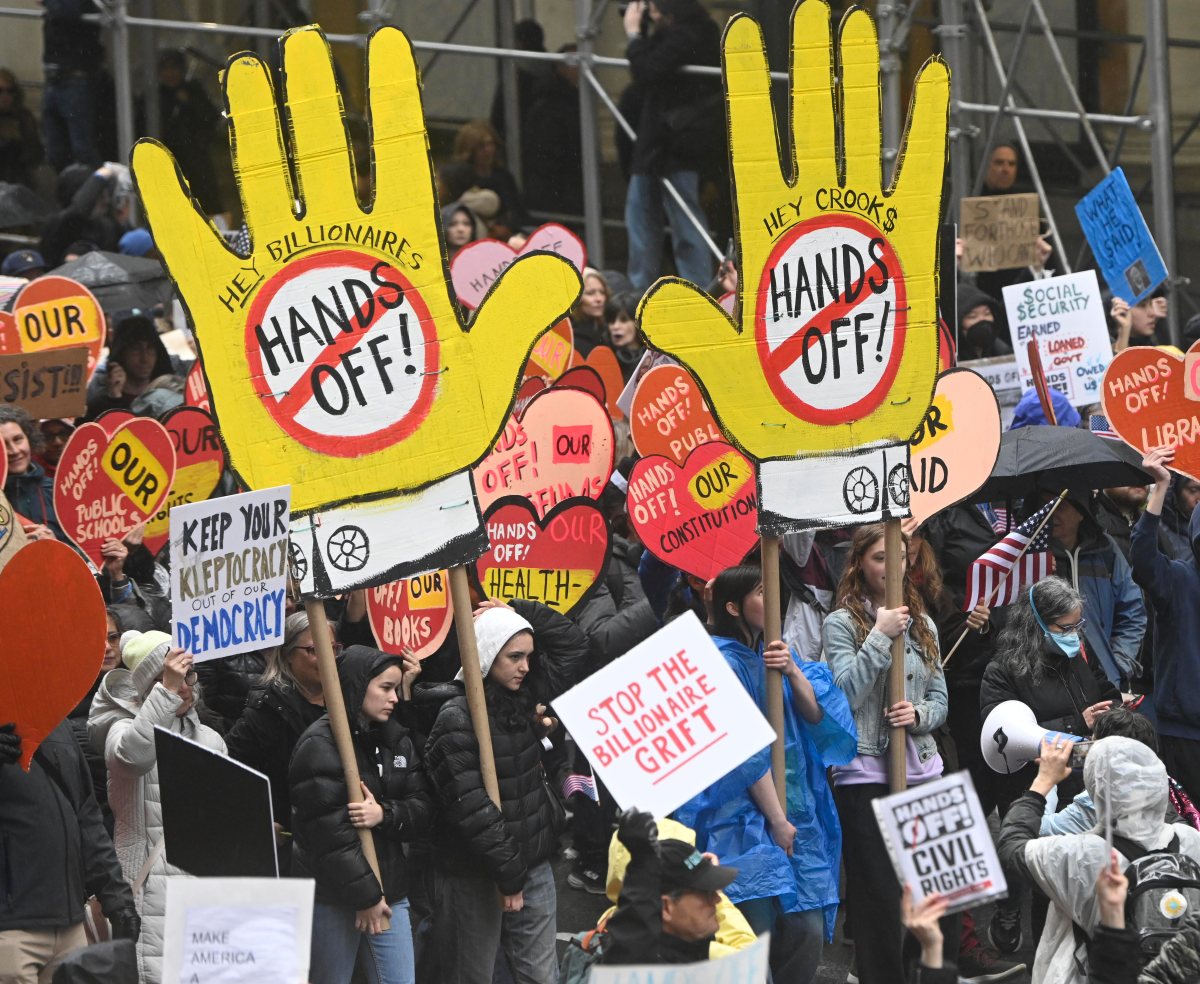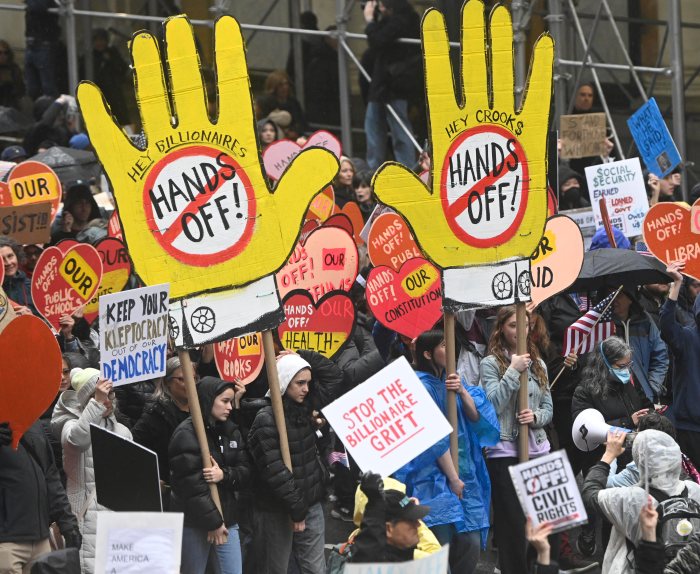By Michèle De Meglio
The city’s Department of Education (DOE) is not doing enough to ensure that teachers, principals and students are safe in local school buildings, according to the public advocate. In a new report, Betsy Gotbaum charged that principals and teachers lack the resources necessary to deal with conflicts between students. To support her claims, she cited the report’s findings that 25 percent of the 158 administrators surveyed insist they are not properly equipped to defuse brawls between students or prevent them from happening. “The spike in crime and other incidents in our schools coupled with what I’ve been hearing from principals and other administrators – that they lack the resources to effectively deal with behavior problems in their schools – is a cause of great concern,” Gotbaum said. Crime has been a problem in several local schools as of late. According to local police precincts, recent crimes at borough schools have included a student from the Secondary School of Law at the John Jay Campus in Park Slope claiming last January that she was whipped with a belt after being confronted by a group of students in the hallway, and a student at Madison High School in Midwood being arrested last November for allegedly beating and robbing a classmate of $2. Even teachers have been victimized in Brooklyn school buildings. Last June, a teacher at Brooklyn Technical High School, 29 Fort Greene Place, said that her backpack was stolen after she forgot it in the school’s cafeteria when she left to teach a class. “We can’t expect teachers to teach or students to learn in an environment in which they fear for their safety,” Gotbaum said. To create an appropriate learning environment, she said the DOE must provide conflict resolution training to all teachers because, according to her report, 82 percent of administrators surveyed said just a handful of teachers, or none at all, received such training. “They spend so much time on professional development – they should spend some of that time on conflict resolution,” said Richard Mangone, a social studies teacher at Lafayette High School, which has had its share of criminal incidents, and the school’s United Federation of Teachers (UFT) chapter leader. “We get tons of professional development and a lot of it is not high quality,” he continued. “They’ll go over statistics – region scores, reading scores…but we should have far more training on the practical aspect of how to teach classes.” Some Brooklyn parents questioned whether the responsibility of defusing violence in schools should even lie with teachers and administrators. “I’m concerned that you’re asking teachers to do way too much,” said Carlo Scissura, president of District 20’s Community Education Council (CEC). “The better solution would be to maybe have some safety officers go into the classroom to talk to the students every now and then.” But then there’s the problem of the city’s limited number of school safety agents supervising activities in local schools. “There’s a shortage of safety agents,” said James Dandridge, president of District 18’s CEC. That’s because “safety agents are underpaid and once they get the experience they leave for better paying jobs. When they leave, there’s nobody to replace them.” Some Brooklyn parents suggest that the DOE implement intervention services to prevent disagreements between students from escalating into all-out brawls that put school administrators and staffers in danger. They’ve called for the creation of school-based health centers in more local schools, as the facilities provide medical and psychological care to youths. “These children are dealing with adult issues,” says Carmen Colon, president of the Association of New York City Education Councils and the former president of District 13’s CEC. “How about putting in a school-based health center? How about having some additional guidance counselors? Maybe an employment guidance counselor for parents. You have to service the whole child.” She also suggests offering incentives for students to stay out of trouble, thereby limiting, or hopefully eliminating, fights in school. “Give stipends or awards for community service for these kids so they want to get off the streets on weekends,” Colon says. The DOE did not respond for comment by the time this paper went to press. —Thomas Tracy contributed to this story.































